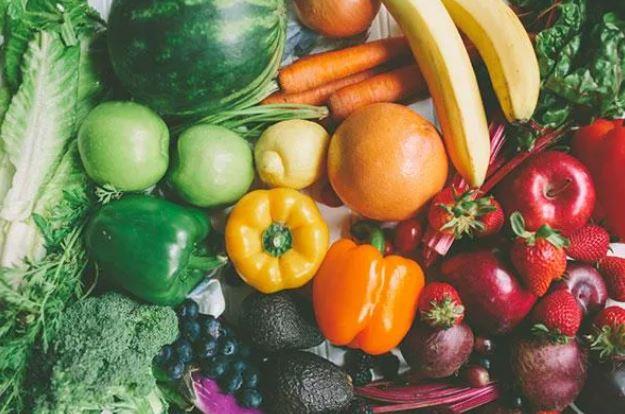Generally Recognized as Safe (GRAS) is a regulatory designation under U.S. law that allows certain substances to be added to food without undergoing the formal pre-market approval required of traditional food additives. Generally regarded as safe ingredients are those considered safe by qualified experts under the intended conditions of use either through a long history of common consumption or robust scientific evidence.
Pathways to GRAS Status: Self-Affirmation vs. FDA Notification
There are two main routes to achieving GRAS recognition:
-
Self-Affirmed GRAS: This path allows companies to compile a dossier, often involving a panel of qualified experts, to conclude an ingredient is safe without notifying or involving the FDA. The process is internal, and neither the agency nor the public needs to be aware of the determination.
-
FDA-Notified GRAS: Here, companies submit a formal GRAS notice to the FDA. The agency reviews the dossier and, if satisfied, issues a “no questions” response—effectively signifying no objection. The notice and supporting data are then made publicly available through FDA’s GRAS Notification Inventory.
Regulatory Framework and Overview
Under sections 201(s) and 409 of the Federal Food, Drug, and Cosmetic Act, any substance intentionally added to food is considered a food additive and requires FDA approval unless it qualifies as GRAS. The regulatory foundation is further detailed in 21 CFR 170.3 and 170.30, specifying the standards and evidence needed for GRAS categorization, whether based on scientific procedures or historical use before 1958.
Why GRAS Matters for Food Safety and Compliance
-
Faster market entry: GRAS substances bypass the lengthy food additive approval process, enabling quicker product development.
-
Cost-effective safety demonstration: Whether self-affirmed or FDA-notified, GRAS evaluation focuses on peer-reviewed studies, toxicology, and real-world usage rather than time-intensive petitions.
-
Legal protection: Using GRAS-recognized ingredients helps food manufacturers stay compliant and reduces the risk of legal or enforcement actions.
GRAS Notification: What It Entails
A proper GRAS Notification includes seven essential sections, covering safety data, usage levels, conditions of intended use, and an expert panel review. After submission, the FDA reviews administrative compliance within about 90 days; the overall review generally takes up to 270 days. Upon completion, the agency issues a response letter, which may be a “no questions” letter or a request for clarification. Successfully notified GRAS ingredients are documented in a publicly accessible GRAS inventory.
Industry Services: How QSS Supports GRAS Compliance
Companies like Quality Smart Solutions assist food and ingredient manufacturers with GRAS readiness by offering services such as:
-
Conducting gap analyses to determine whether an ingredient qualifies as GRAS or requires a New Dietary Ingredient Notification (NDIN).
-
Preparing both self-affirmed and FDA-notified GRAS dossiers, engaging expert panels, and coordinating with the FDA.
-
Organizing toxicological studies or clinical trials when necessary.
-
Advising on regulatory strategy, labeling, and quality control to ensure safe and compliant product development.
Emerging Regulatory Trends
There’s growing momentum at the FDA to phase out self-affirmed GRAS. In March 2025, U.S. Department of Health and Human Services leadership directed the FDA to pursue rulemaking that may eliminate the self-affirmation pathway altogether, primarily to boost transparency and enhance food safety oversight. If enacted, companies relying on self-affirmation will need to transition to FDA-notified GRAS or reformulate with ingredients already granted “no questions” status.
Summary: Key Takeaways for Food Businesses
| Focus Area | What It Means for You |
|---|---|
| Regulatory Pathways | Choose between self-affirmed or FDA-notified GRAS—understanding the tradeoffs in transparency and oversight. |
| Compliance Strategy | Work with experts to build robust dossiers, assess data gaps, and plan submissions. |
| Future-proofing | Monitor FDA policy changes—especially the possible elimination of self-affirmed GRAS. |
| Risk Management | Relying on FDA-notified GRAS ingredients is a safer approach in regulatory and reputational terms. |
Final Thoughts
GRAS remains a vital regulatory mechanism in the U.S. food system providing a streamlined yet scientifically rigorous way to ensure ingredient safety while enabling innovation. Whether opting for self-affirmed or FDA-notified GRAS, businesses must stay informed on evolving policies and maintain rigorous safety standards. Proactive planning, expert partnerships, and transparent documentation are key to navigating GRAS requirements and maintaining compliance in today’s food landscape.

